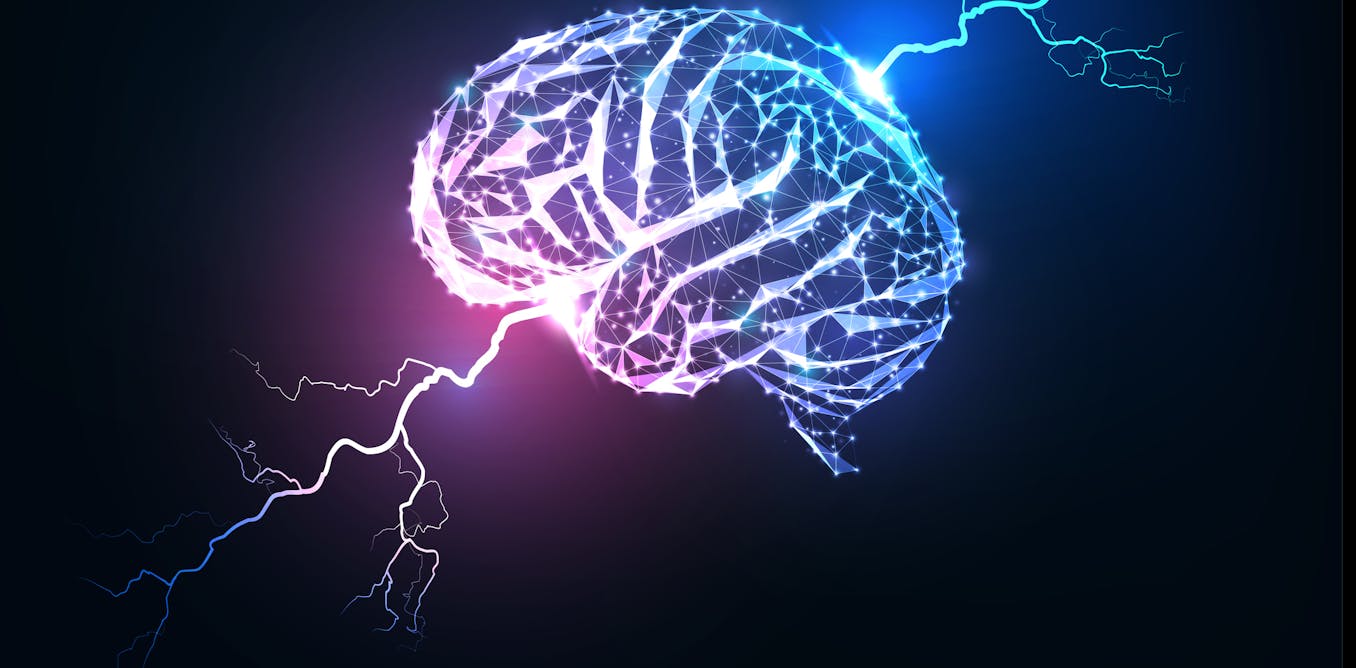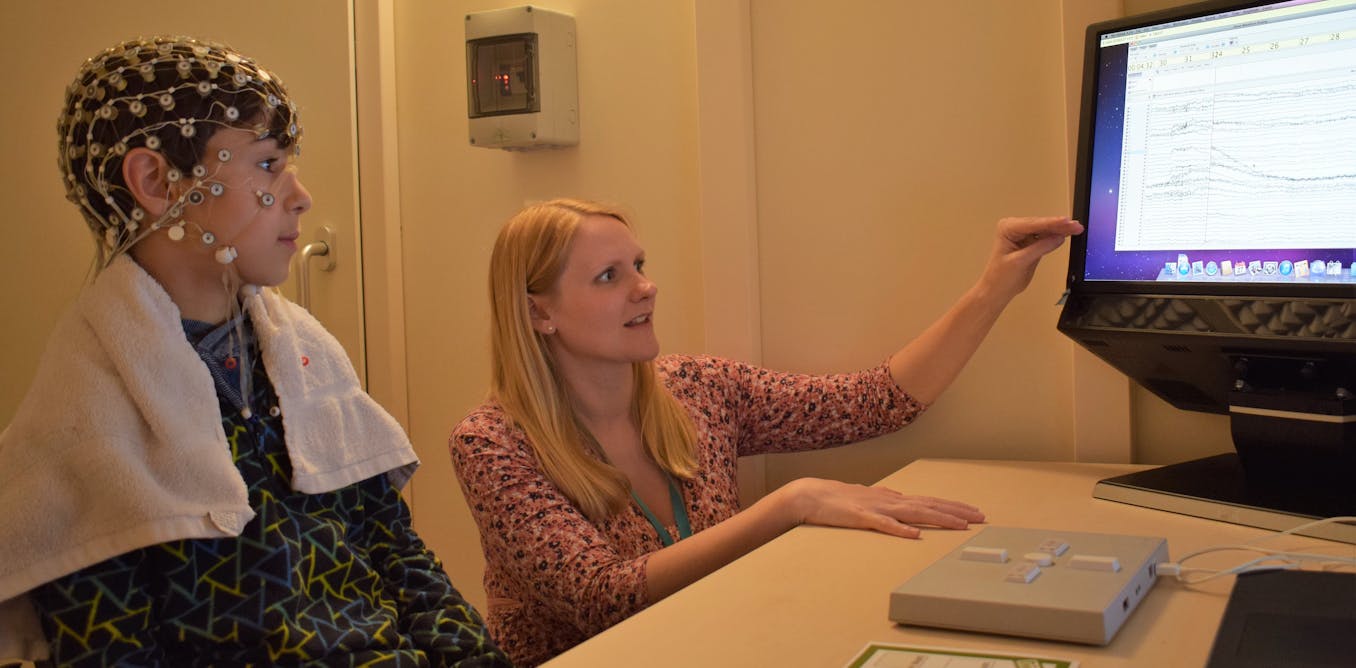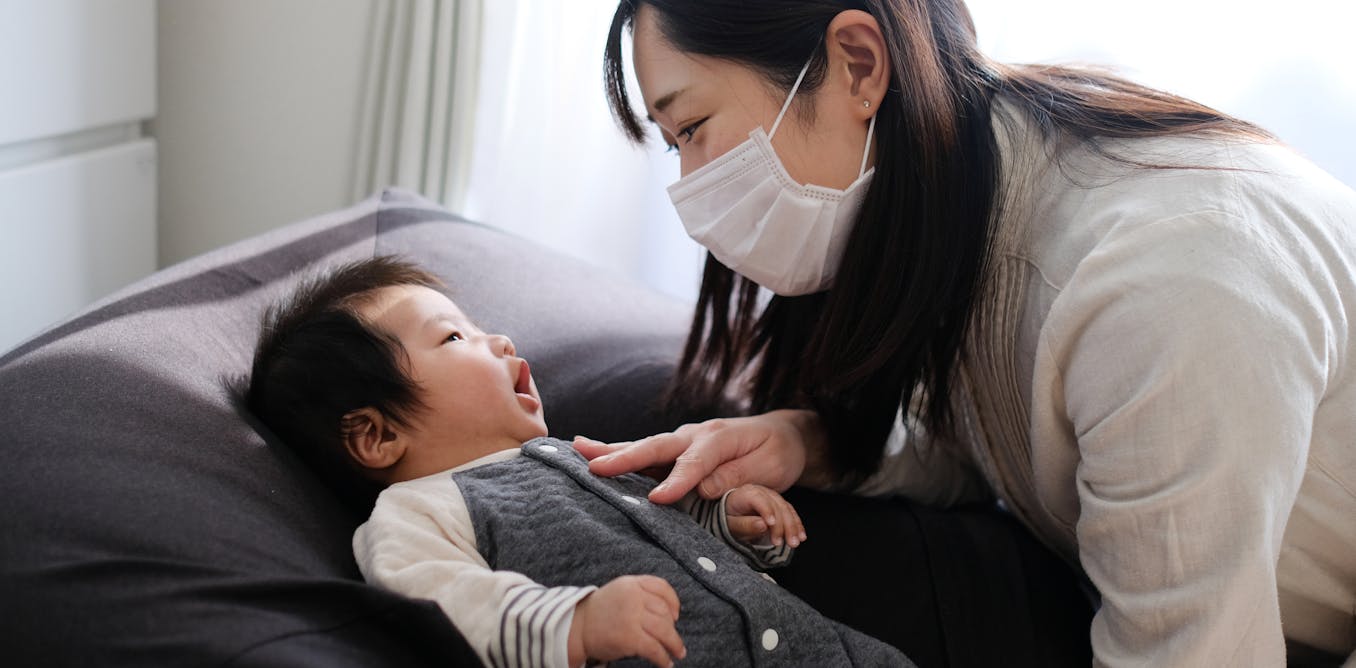How electroconvulsive therapy heals the brain − new insights into ECT, a stigmatized yet highly effective treatment for depression
Electroconvulsive therapy often evokes inaccurate images of seizing bodies and smoking ears. Better understanding of how it reduces depression symptoms can illuminate new ways to treat mental illness.
Dec. 6, 2023 • ~9 min







